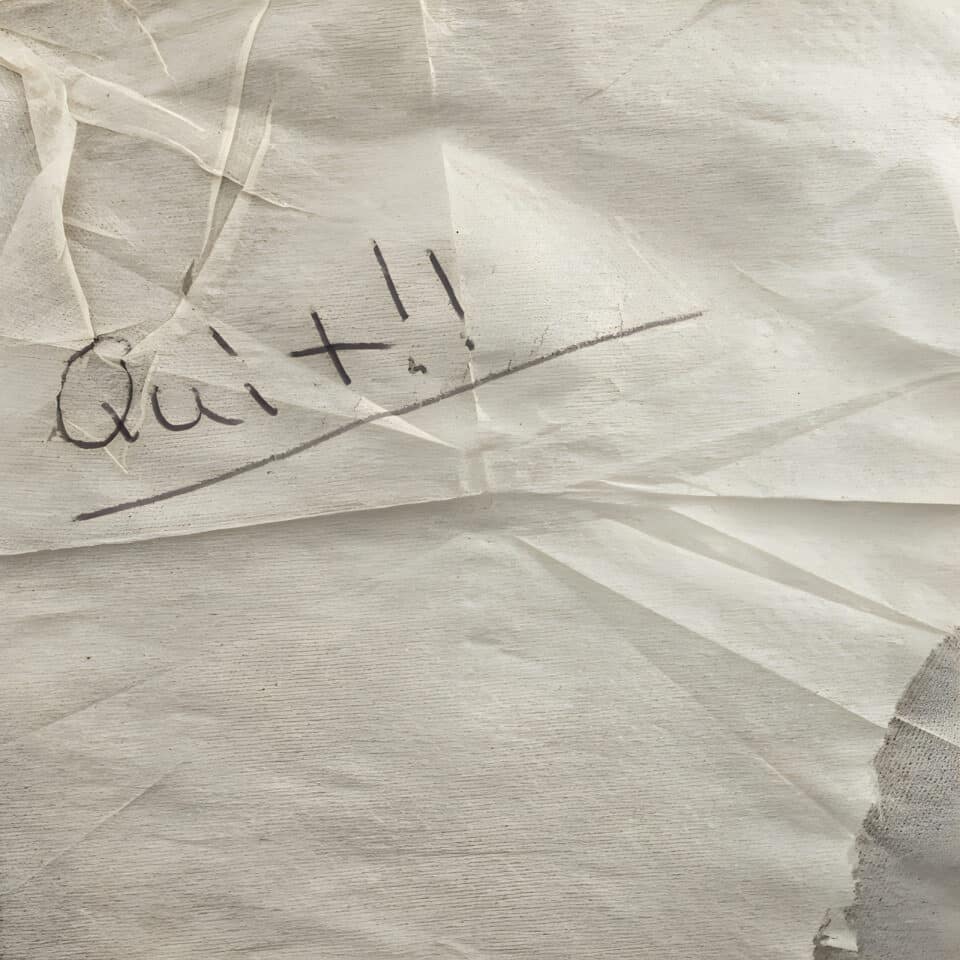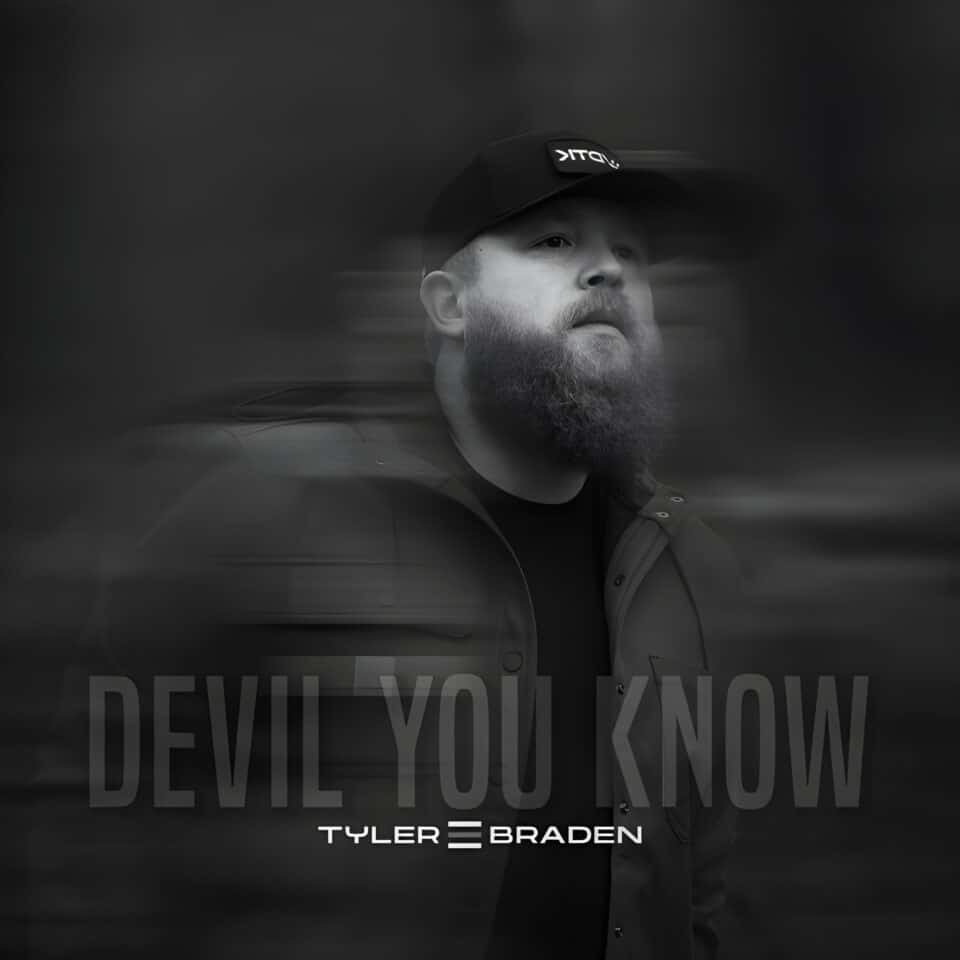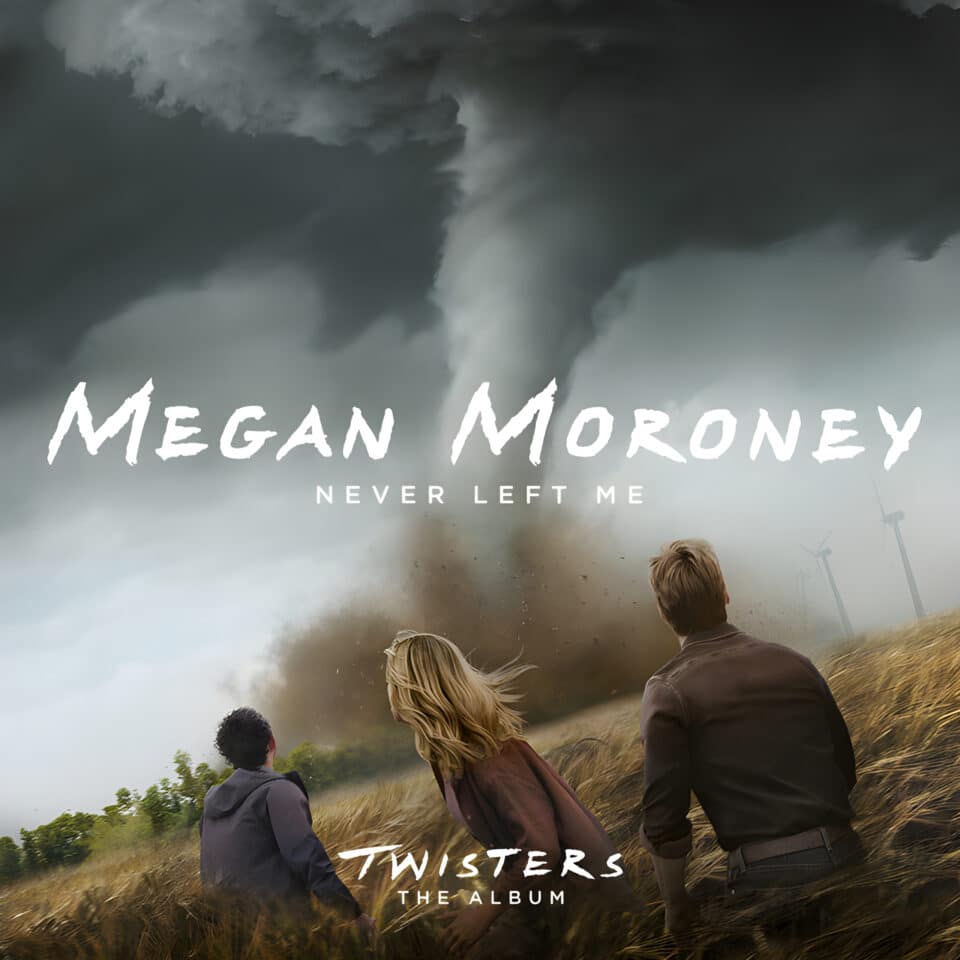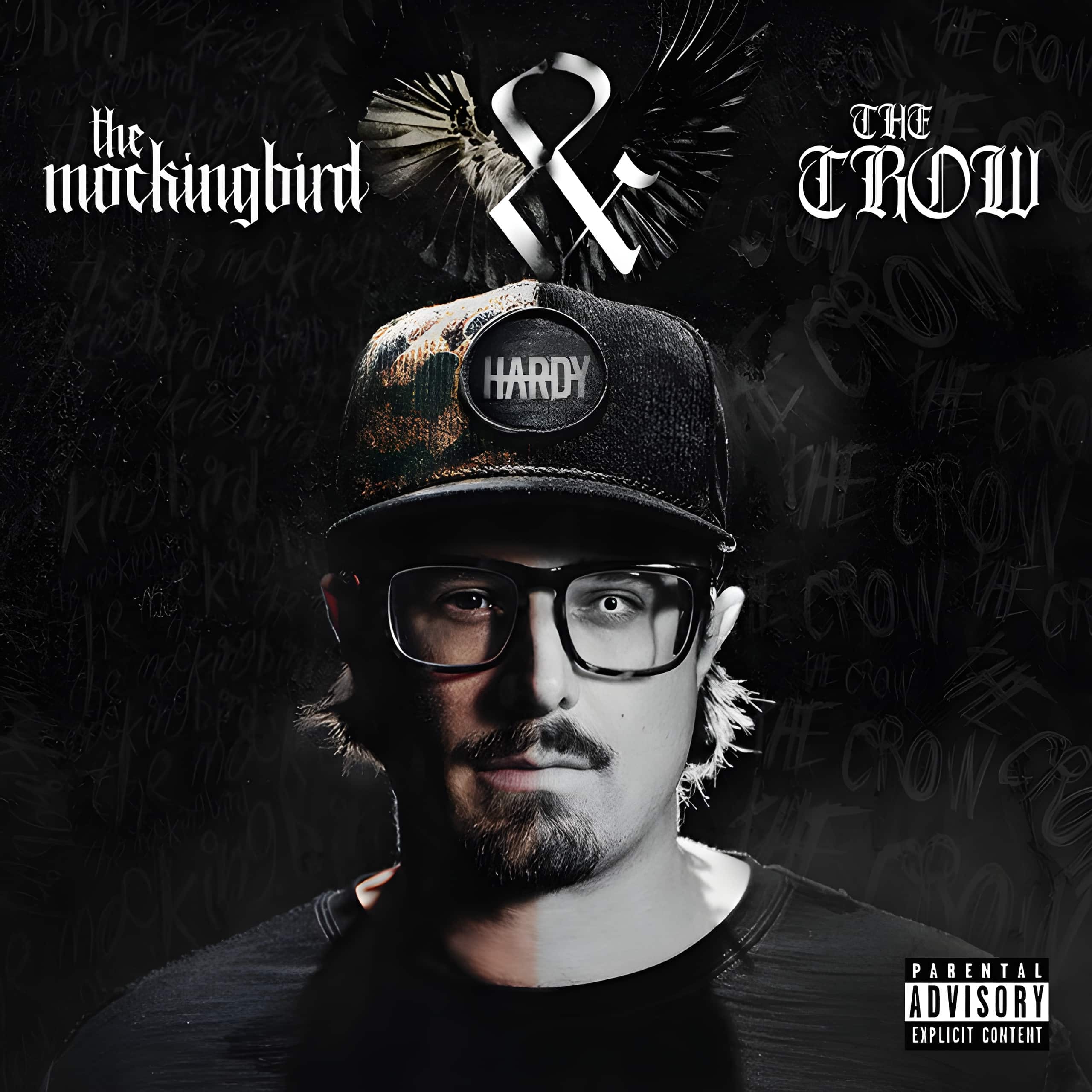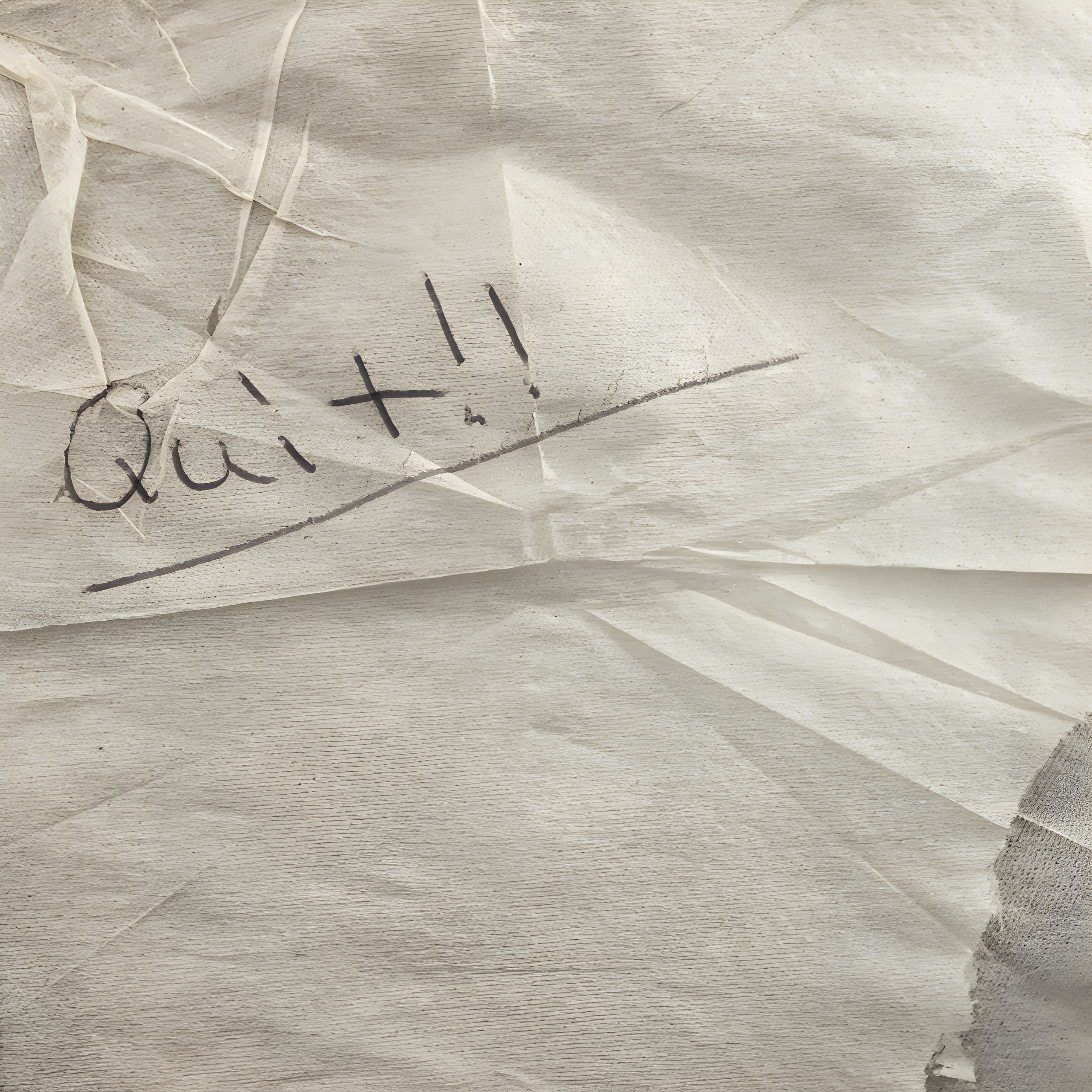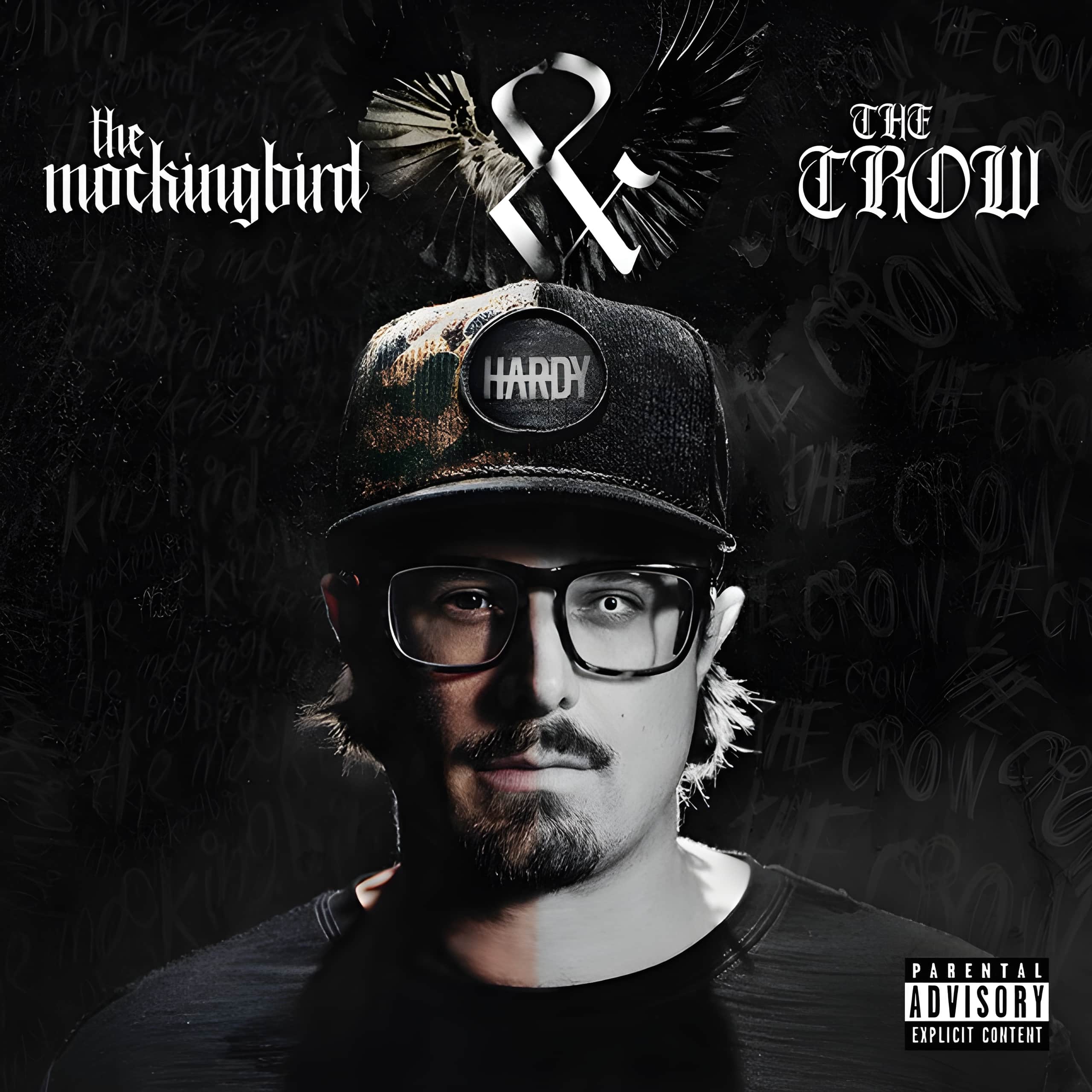Released: 2024
In “JIM BOB” by HARDY, we dive headfirst into the gritty and raw life of a man who lives by his own rules, unapologetic about his rough edges and the scars life has given him. This song paints a picture of Jim Bob’s daily grind, filled with habits that keep him tethered to a simple, yet inherently rebellious lifestyle. It’s a tale that champions the spirit of rural America, with a side of defiance and a refusal to conform to societal norms.
Jim Bob starts his day with a coffee, cigarette (Pall Mall), and cheap beer (Keystone), setting the stage for a life lived on the edge, outside the mainstream. He’s a man marked by the past, literal shrapnel in his knee from some undisclosed action—perhaps military service or a wild misadventure. To manage the pain, he pops a Percocet, hinting at a life of hard knocks and the coping mechanisms he’s adopted. People around him nag about getting a job, going to church, essentially, to straighten up. But Jim Bob’s response, a cloud of cigarette smoke and a shrug, tells us he’s set in his ways, content to live by his pleasure and his pain.
The chorus of the song is a candid reveal of Jim Bob’s life philosophy. He wants to “take my pills, pay my bills, blow the rest all on some Crown” (Crown being a reference to Crown Royal, a brand of Canadian whisky), a straightforward admission of seeking joy through simple pleasures and vices. He dreams of filling his surroundings with the sounds of “Country Boy Can Survive,” a nod to the classic country anthem by Hank Williams Jr., as he indulges in the freedom of his rural life, shooting his pistol into the sky as a declaration of his independence and defiance.
The image of Jim Bob’s pre-purchased grave plot, waiting under a water oak, juxtaposes the inevitability of death against his zest for living on his own terms. He’s never seen his own grave, a detail that underscores his aversion to anything that fetters his wild heart, including the city limits and the idea of a conventional funeral. This rebellion extends even to the afterlife; he’s going out the same way he lived, with a bang.
“JIM BOB” is steeped in the stereotypes and realities of “redneck” life, but it’s also a raw, unfiltered look at a man wrestling with his demons, defiantly living life on the edge, harboring a deep-seated need for freedom that trumps the judgment of others. It’s a narrative that resonates with anyone who’s faced the pressure to conform but chooses to carve their own path, consequences be damned. Behind the rough exterior and the vices, there’s a story of resilience, identity, and the search for meaning in the simplicity and wildness of rural life.
